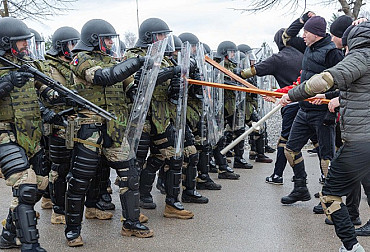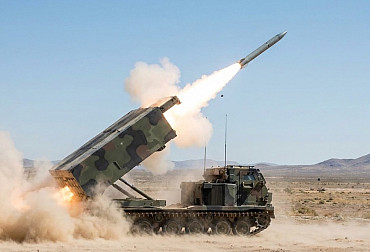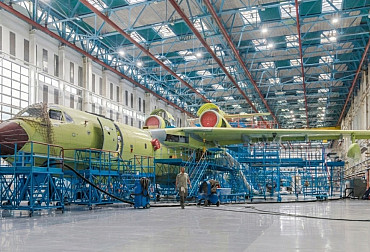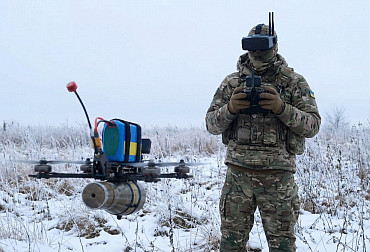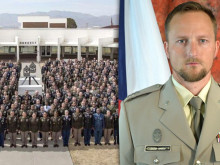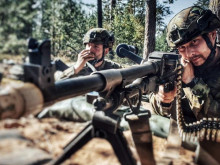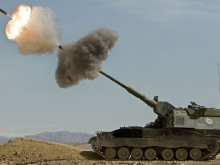The uncertain future of the Czech Army in Mali
On 29 and 30 August, a meeting of EU Defence Ministers took place in Prague. The main topic was, unsurprisingly, the current conflict in Ukraine, but much attention was also paid to the situation in Mali, where the Czech Army is currently operating. After the end of the French Takuba mission, the Czech Republic continues to be part of two military operations.
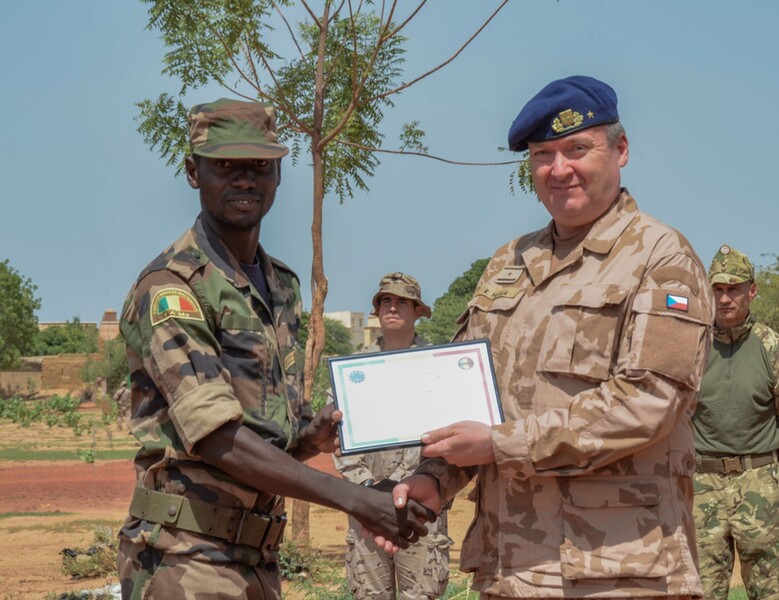 Picture: The Czech Army is currently commanding the EUTM training mission in Mali for the second time under the leadership of Brigadier General Ing. Radek Hasala | mjr. Lada Ferkálová
Picture: The Czech Army is currently commanding the EUTM training mission in Mali for the second time under the leadership of Brigadier General Ing. Radek Hasala | mjr. Lada Ferkálová
The first one is the UN mission MINUSMA, which is tasked with supporting and implementing the peace process, providing security and creating conditions for humanitarian and political assistance to the Malian Government, with the current mandate for the deployment of the Czech Armed Forces within this mission currently being 15 persons. The second is the EUTM mission under the auspices of the EU, whose task is to provide assistance in building and training the Malian army so that it is capable of independently countering attacks by armed terrorist groups, ensuring the sovereignty and territorial integrity of the entire country, and at the same time supporting the building of joint forces of the five Sahel countries. From the point of view of the Czech army, the EUTM mission is much larger than MINUSMA, as the current mandate envisages the deployment of up to 120 soldiers.
After the meeting in Prague, Defence Minister Jana Černochová said that she does not foresee an extension of the current EUTM mandate, which expires at the end of this year. This would mean the end of most Czech military personnel in Mali. However, this is still to be decided in the Czech Parliament. Let us outline the reasons for not extending the Czech mandate within the EUTM and how this could be dealt with in the event of the Czech contingent in Mali being terminated.
The situation in Mali is politically complicated for the Czech Republic, and the Czech Government has to face the dilemma of whether it makes sense to continue to operate in Mali, where the Czech Army has been present since 2013, almost from the very beginning, when the civil war between the central government, separatist Tuaregs and various Islamist groups linked to Al-Qaeda and, in the following years, to the so-called Islamic State began. At this time, anti-government militias were in de facto control of the northern, mainly desert areas of Mali and expanded southwards, which was eventually stopped with the help of foreign missions, and the Malian Government regained control of the important central Malian towns of Timbuktu and Gao, which it now firmly controls. However, the sparsely populated areas to the north of these cities no longer do.
Until 2020, the Malian Government had friendly relations with Western countries and, from a military point of view, the involvement of European special forces was appreciated by the Malian armed forces, as they were able to stabilise the situation and helped to push terrorist and separatist forces into less important areas. However, this has still not been enough to stop the violence, and there have been two coups in the country in 2020 and 2021, and Mali is currently ruled by a military junta that considered the previous government incompetent precisely because of its inability to stop the violence, which it used as an excuse to remove it from power.
This junta has gradually begun to turn away from its traditional allies, especially France, with which the Republic of Mali is strongly linked because of its colonial past, and has begun to lean towards the Russian Federation, which is a very problematic issue for European countries from a geopolitical point of view (especially after the Russian invasion of Ukraine). In addition, mercenaries from the so-called Wagner Group are increasingly operating in Mali, and they have been accused of human rights violations during the Russian-Malian operations, which is also a moral problem for Western countries.
Because of the active Russian presence in Mali, France has already refused military assistance to the current Malian Government, and Germany is also considering something similar, having sent around 1 000 troops to Mali as part of the MINUSMA mission, most of whom are based in the city of Gao. Germany has disputes with the Malian Government over the permission of overflights and the presence of Russian forces at the airport in Gao. From the German point of view, major problems could arise if the Malian authorities restrict the freedom of movement of the troops and UN reconnaissance aircraft, and if human rights violations continue, Germany could reach the point where it cannot justify its participation in MINUSMA.
The political situation there makes the Czech Army reluctant to extend its mandate in Mali, but according to the Ministry of Defence, it is in Europe's security interest for the European Union to remain militarily engaged in the Sahel (around 900 soldiers are currently deployed in the EUTM). At present, negotiations are still underway as to whether the Czech troops will remain in Mali or operate from another country in the region, for example the neighbouring Republic of Niger, where the French troops moved after their mission in Mali ended. Minister of Defence Černochová believes that the Czech Army (including the possible deployment of the Military Police or members of the Special Forces of the Czech Armed Forces) will rather be engaged in another country than in Mali. As far as MINUSMA is concerned, no changes are foreseen from the Czech perspective for the time being, as three Czech soldiers are currently part of the mission (out of a total of more than 13,000 military personnel from almost 60 countries approved by the UN Security Council).
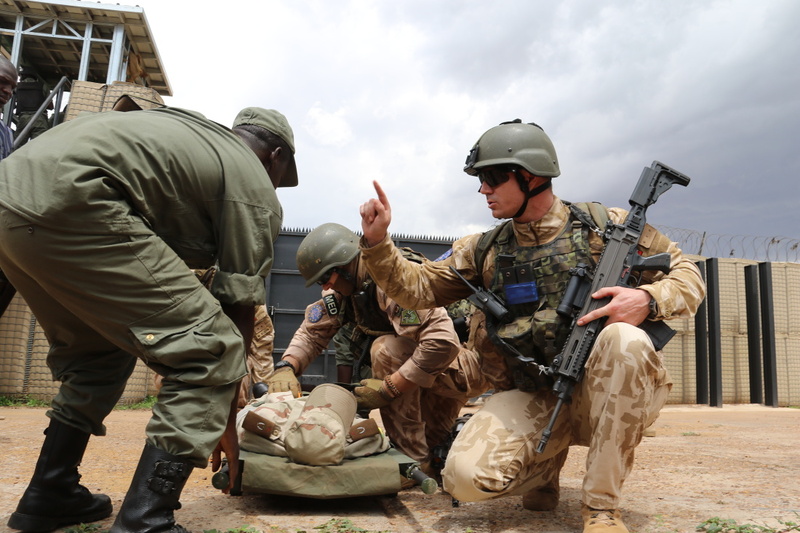
Picture: The main priority of the EUTM mission in Mali is to help build and train the Malian army to be able to counter attacks by Islamist radicals and preserve the sovereignty and territorial integrity of the country. | Ministry of Defence of the Czech Republic
The possible reduction in the number of European (and therefore Czech) troops in Mali may certainly be related to the Russian invasion of Ukraine, as it can be assumed that this conflict is a greater security risk for EU countries than the current situation in Mali. On the other hand, the number of troops deployed in Mali is not significant enough to affect the defence capabilities of European countries. At the same time, Mali, and Africa in general, may in the future become a kind of 'unofficial second front' in the Russian Federation's war with the EU, in the same way that certain other conflicts functioned as indirect East-West confrontations during the Cold War.
At the aforementioned meeting of EU defence ministers in Prague, the possibility of establishing a training mission for Ukrainian soldiers was also discussed, so that the capacities freed up in the event of the end of the Czech participation in the EUTM training mission in Mali could subsequently be used to train the Ukrainian army on the territory of the Czech Republic or some other EU member state, which could certainly be a defensible reason for the end of the Czech presence in Mali, unless a certain part of the Czech Armed Forces task force is redirected to another country in the Sahel region.











